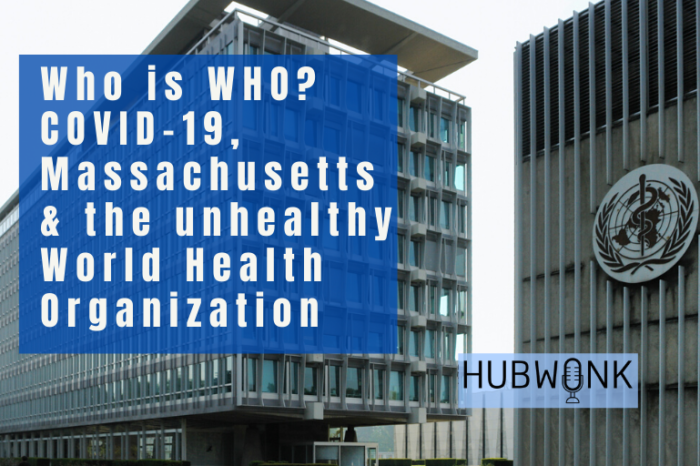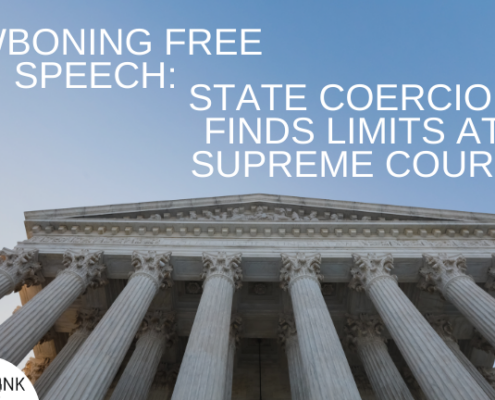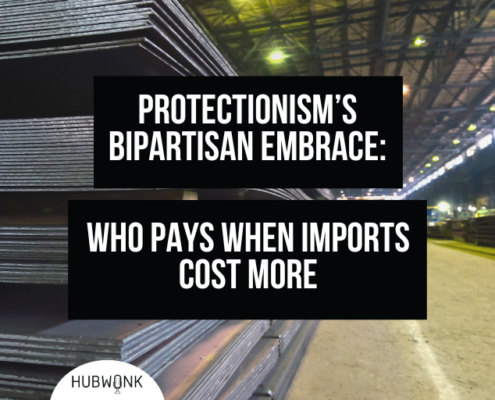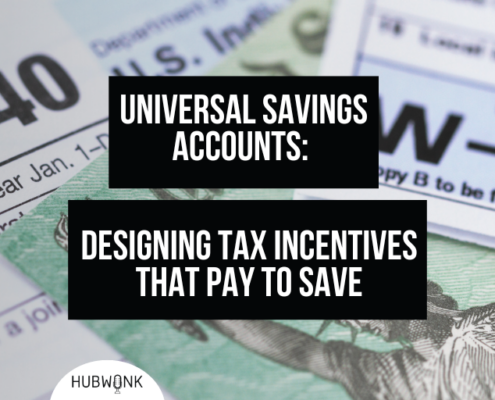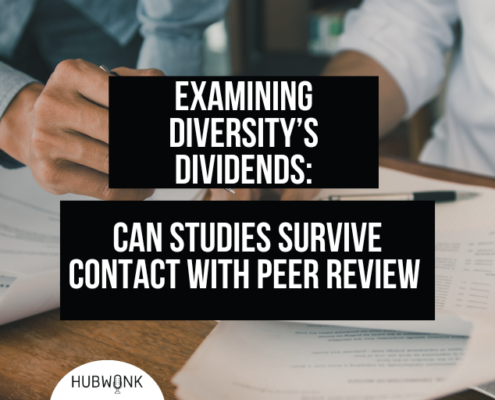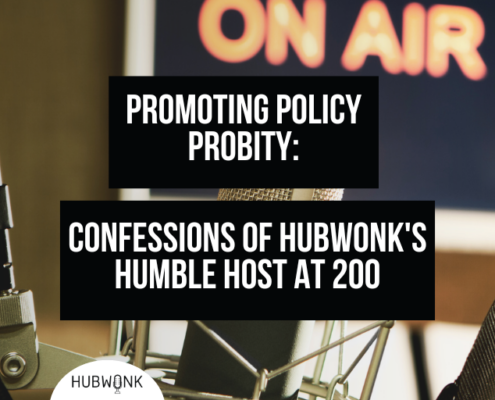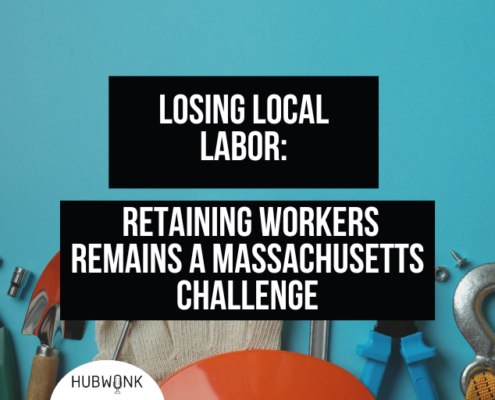Hubwonk Ep. 8: Who is WHO? COVID-19, Massachusetts, and the unhealthy World Health Organization
Hubwonk host Joe Selvaggi and Pioneer Healthcare Senior Fellow Josh Archambault are joined by Hoover Institution’s Dr. Lanhee Chen to discuss the role that the World Health Organization (WHO) plays, what dysfunction may have contributed to the scale of the COVID-19 pandemic, and what steps can be taken to bring back transparency and trust.
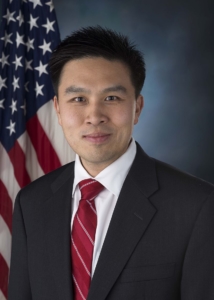 Lanhee J. Chen, Ph.D. is the David and Diane Steffy Fellow in American Public Policy Studies at the Hoover Institution and Director of Domestic Policy Studies and Lecturer in the Public Policy Program at Stanford University. Chen earned his Ph.D. and A.M. in political science from Harvard University, his J.D. cum laude from Harvard Law School, and his A.B. magna cum laude in government from Harvard College.
Lanhee J. Chen, Ph.D. is the David and Diane Steffy Fellow in American Public Policy Studies at the Hoover Institution and Director of Domestic Policy Studies and Lecturer in the Public Policy Program at Stanford University. Chen earned his Ph.D. and A.M. in political science from Harvard University, his J.D. cum laude from Harvard Law School, and his A.B. magna cum laude in government from Harvard College.

